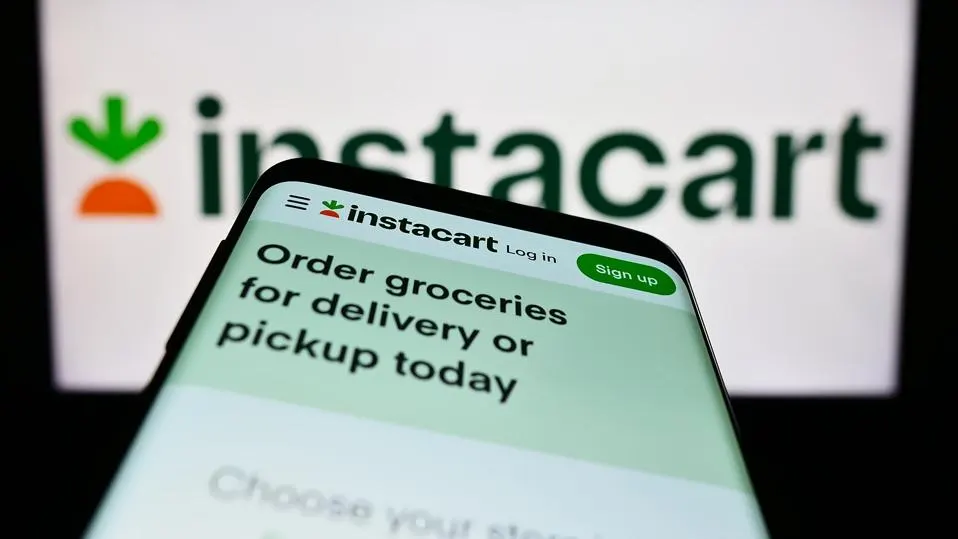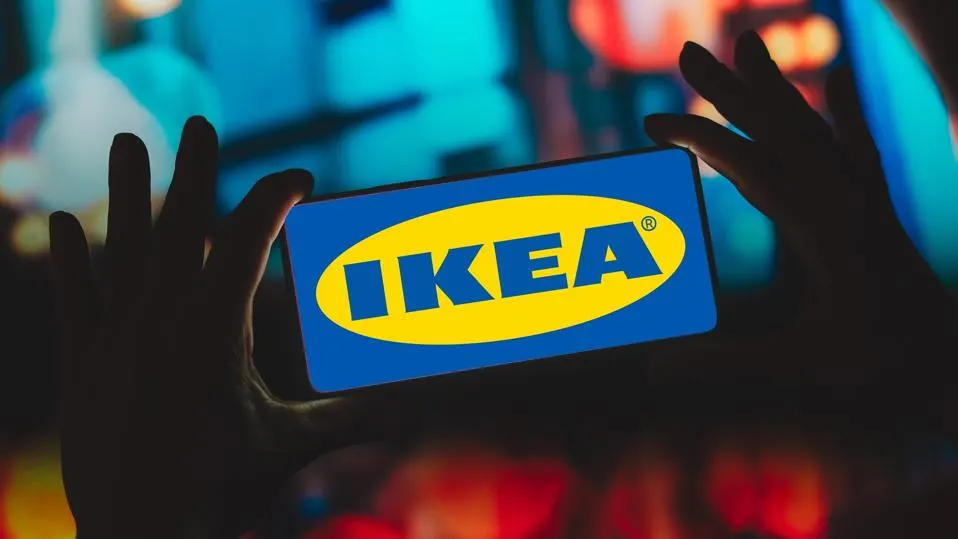Commitment To Sustainability Is A Key Message at AWS London Summit 2023
17 July 2023
Sustainability was top of the agenda at the recent AWS London 2023 conference. Speakers took the opportunity to highlight recent initiatives aimed at accelerating the journey of both Amazon and its customers toward net zero. Also, in the spotlight were projects around water conservation and initiatives aimed at improving the breathability and livability of urban environments.

The focus on sustainability kicked off right away, with Tanuja Randery, Managing Director for AWS in the EMEA region, using her opening keynote to highlight the fact that 77 percent of respondents to a recent survey said that migrating to the cloud would accelerate their journey to net zero. She also pointed out that Amazon’s research estimates that customers reduce carbon emissions by nearly 80 percent today and up to 96 percent once AWS is powered with 100% renewable energy, by 2025 , simply by migrating workloads to the AWS cloud.
And she went on to draw attention to advances made by AWS customers, like fresh food delivery service Gousto, which leverages AWS analytics tools to provide insights that can help customers make informed choices. For example, choosing minced chicken over minced beef for certain deliveries, will lower the emissions of their purchase by 20 percent.
Further into the opening keynote, she was joined on stage by Will Cavendish, Global Digital Services Leader at Arup, a leading provider of services to the construction industry.
Cavendish spoke about ways that new data sources, including satellite and geospatial data, are being processed with machine learning in order to create innovative solutions for managing resources. One project that was highlighted is work being carried out in Shanghai, where data analytics is used to identify "microfeatures" of the landscape in order to identify use cases for alternatives to traditional concrete piping for moving water beneath the city.
This has led to the development of a “nature-based” solution known as “permeable pavements” – with grasslands and greenery used to direct the flow of water. This has resulted in a 30 percent reduction in both cost and carbon emissions of moving water through the city. Following the success in Shanghai, plans are being put together to roll out the initiative in 12 other cities around the world.
Another initiative being pioneered by his company involves a network of sensors aimed at monitoring temperature rises as a result of environmental changes in urban settings. These fluctuations are known to be responsible for a number of knock-on effects, including increased mortality and requirement for emergency services. Developing awareness of where and when they occur will allow decision-makers to deploy services better, as well as take remedial measures like improving green spaces and increasing the coverage of tree canopies.
Water Positive
Following the keynote, I had the chance to sit down and chat with Thomas Blood, AWS sustainability lead for the EMEA region.
We talked about his organization’s plan to become “water positive” – by returning more water to the communities it works in than it takes in order to run its operations. Within AWS, water is mainly used for cooling data centers, and Blood outlined measures being taken to reduce this usage and move towards a circular economy of water use.
This includes sustainable sourcing – such as increasing the amount of rainwater and recycled water, improving efficiency by driving down the amount of water used and developing community initiatives such as systems for returning water to farmers for use in irrigation.
For example, AWS is working to develop systems for creating wetlands around the Thames basin in London by recycling water captured from runoff from roads and farmland in the area.
Another project involves removing invasive plant species that have exacerbated the problem of droughts in Cape Town, South Africa, by consuming excessive amounts of water.
He also drew my attention to a project taking place in partnership with the London Natural History Museum, focused on introducing children to nature and sustainability solutions. Here, green spaces around the museum have been developed as natural habitats. Children are then encouraged to visit and can learn about the plants and insects that make the environment their home through interactive displays.
On the subject of sustainability and how AWS is playing its part, Blood told me, "This is obviously a very big challenge, and really the way to tackle this is if we all work together to make it happen. That means we have to engage in partnerships; we have to look for opportunities to really lean in and tackle these challenges.”
He suggested that IT workers across industry can play a part: "Go down the hall and say hello to the sustainability officer … offer to help with digitizing and analyzing the data because a lot of that is still done manually."
Sustainable Solutions
AWS is keen to promote the achievements that it and its clients have made in the name of improving sustainability by harnessing emerging cloud technologies. These include Coca-Cola, which developed a digital twin of one of its bottling plants in Turkey. AWS infrastructure was used to pull together data points from Internet of Things (IoT) sensors via the AWS SiteWise platform. This has led to a reduction in the usage of both energy and water for cleaning and sanitizing the plant – a solution that was put in place in just two months.
And agricultural analytics provider CropX has developed solutions based on AWS to allow farmers to use soil data and satellite imagery, including moisture, salinity, and temperature readings, to improve the efficiency of water and fertilizer use.
In recent years it has become clear that the cloud has an important role to play when it comes to improving efficiency, as well as innovating in the creation of new green initiatives. As more companies become aware of the critical importance of striving to reduce carbon emissions and water use, we can expect it to increasingly become a strategic priority of the cloud migration journey. A key message of AWS London 2023 is that there are plenty of opportunities that companies can explore if they want to live up to their frequently-cited ambition of making the world a better place. With the tools for doing it becoming more powerful and accessible every day, it’s an exciting area of innovation where we can expect to see more advances and developments in the future.
Related Articles
Sex And Intimacy In The Generative AI Era
Sex and technology have long been intertwined – millions of us use dating apps to find partners, and some of the earliest commercial online activity revolved around pornography.[...]
Generative AI Sucks: Meta’s Chief AI Scientist Calls For A Shift To Objective-Driven AI
In a landscape where generative AI is hailed as the frontier of technological innovation, Yann LeCun, Chief AI Scientist at Meta, presents a contrarian viewpoint that challenges the status quo.[...]
Instacart Harnesses Generative AI To Revolutionize Grocery Delivery Experience
Grocery delivery and pickup service Instacart is not shy about adopting new technologies. So, it makes sense that the company has embraced generative AI across the business.[...]
Responsible AI: Why Privacy Is An Essential Element
Today, people often talk about “responsible” AI use, but what do they really mean?[...]
The Amazing Ways IKEA Is Using Generative AI
Global furniture retailer IKEA has long been at the forefront of tech-driven retail innovation.[...]
Generative AI Is Coming To Your Home Appliances
Across all industries, organizations are rapidly embracing generative AI. Among them, makers of home appliances like fridges and ovens.[...]
Sign up to Stay in Touch!
Bernard Marr is a world-renowned futurist, influencer and thought leader in the fields of business and technology, with a passion for using technology for the good of humanity.
He is a best-selling author of over 20 books, writes a regular column for Forbes and advises and coaches many of the world’s best-known organisations.
He has a combined following of 4 million people across his social media channels and newsletters and was ranked by LinkedIn as one of the top 5 business influencers in the world.
Bernard’s latest book is ‘Generative AI in Practice’.










Social Media